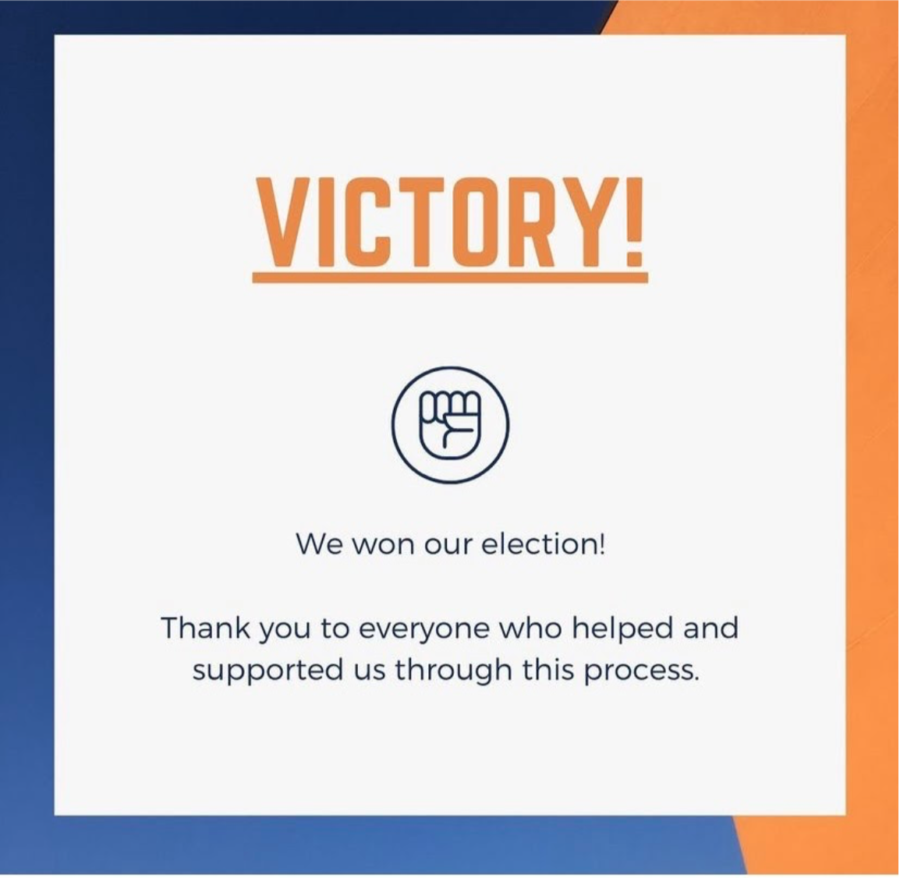Josh Martin
Staff Writer
[caption id="attachment_3509" align="alignnone" width="640"] Photo: Jezebel.com[/caption]
Photo: Jezebel.com[/caption]
Sports culture has a hazing problem, and it needs to be stopped. The Miami Dolphins locker room gained notoriety last month as 2nd year pro and former first round draft pick out of Stanford, Jonathan Martin, left the team due to bullying charges, mainly against veteran offensive lineman Richie Incognito. The NFL has investigated the situation and since has uncovered a racially charged and threatening voice message and that Incognito would hold Lineman meetings at strip clubs and fine those who refused to attend tens of thousands of dollars. How does the NFL culture get to the point that the following is an acceptable message to send?
“Hey, wassup, you half n—– piece of [expletive] . . . I saw you on Twitter, you been training ten weeks. [I want to] [expletive] in your [expletive] mouth. [I’m going to] slap your [expletive] mouth. [I’m going to] slap your real mother across the face (laughter). [Expletive] you, you’re still a rookie. I’ll kill you.”
As this was uncovered, Richie Incognito was then released due to “Behavior detrimental to the team.” While you would expect teammates to be relieved that someone so malicious was out of their locker room, instead they came to his defense.
“I love Richie. I think he’s a great guy. I don’t think he was out of hand. I have a lot of respect for Richie. I wish he was here.”
-Mike Wallace, Dolphins WR
“I don’t want to call it ‘hazing,’ I mean, that’s – rite of passage – in this league. It’s a group of elite men. It’s a fraternity, it’s a brotherhood. It’s a lot of things. And there’s a membership. You have to pay your dues to get certain privileges.”
-Cameron Wake, Dolphins DE
“Was Richie Incognito wrong? Absolutely. But I think the other guy is just as much to blame as Richie, because he allowed it to happen. At this level, you’re a man. You’re not a little boy. You’re not a freshman in college. You’re a man.”
-Antrel Rolle, New York Giants DB
Since when did being a man involve being attacked for your race, fearing for your life and being forced to go to strip clubs when many of the other lineman were already married? There are even reports that Head Coach Joe Philbin told Incognito to “Toughen up” the new guys.
Even though it is rare to see hazing this extreme, it is common amongst male sports culture and male fraternity culture. To further discuss this, I want to go back to the Cameron Wake quote and highlight a few words “It’s a fraternity… You have to pay your dues to get certain privileges.” At fraternities all over the country, initiation ceremonies are killing young men with alcohol poisoning or sexual exploitation, and for a lot of seniors like myself, there is a strong possibility it could be us a year from now.
Senior Steven Grotewold says, “Hazing is the breaking down of individuals in the hope that they will come back and form as a team… but a lot of the time it becomes detrimental because people are pushed past their limits mentally and physically. It’s hard to do right because you can’t know what another person’s limits are and with drinking in particular that can be extremely dangerous.”
Sports culture has always had initiation ceremonies. The Chicago Cubs, for instance, force the newest teammate to carry a pink Dora the explorer backpack, but hazing in sports can go much beyond this seemingly harmless tradition and damage an athlete physically and emotionally.
Could such a culture affect the Latin Community? In the opinion of Latin’s Athletic Director Tom Bower, it can.
“In my 30 years now at Latin I have seen and heard of many incidents of hazing, mostly mild hazing, but there have been more serious incidents… The effects are truly detrimental to the team, and as a coach, you can’t have any of that,” says Bower. “It is the most difficult part of coaching to keep track of… As a coach, it is your responsibility to be vigilant, to look out for anything of that sort… hazing awareness is part of every coaching staf meeting… The best way to prevent hazing is to educate your captains about its ill-affects and tell them to look out for incidents and stop them before they can begin. If fact, at Captains Council meetings, when team captains are asked to recall a previeous captain they admired, they often mention a captain who was welcoming and inclusive of the underclassmen players, so that they felt and equal member of the team.”
Grotewold, captain of Latin’s Water Polo team adds: “When I was a freshman I was treated differently because I was not a varsity starter and I was not a goal scorer and I felt obligated to carry the balls and other equipment because I needed to contribute to the team in some way… Other than that the only time I thought hazing- well I don’t call this hazing- but pushing someone to their limit has a positive result was when one of my teammates, Parker Wilke couldn’t make the time on one of his sets, and coach made him keep swimming until he did it. One of the better swimmers, swam beside him in the end and he finally made it, and the team came together as a result.”
Coach Bower has a different policy to try and build equality between all members of his soccer teams “One thing that distinguishes Latin athletics from almost anywhere else is that it’s not just upperclassmen playing on our varsity teams. We have students from all grades participating, and making one or two freshmen carry the equipment every day can get in their head… On the first day, we have the seniors set the example and they carry the balls the first day and after that we have a rotation so that no one feels left out.”
An anonymous member of one of Latin’s athletic teams underwent an episode of hazing last year and actively tried to change the culture of what he described as a dismal situation. “I don’t necessarily blame the people who did the actual hazing for the problem. The coaches did not do anything at all to unify us as a team and ignored how we felt… They allowed the culture to become what it was. It was not a positive situation.”
“At first I was afraid to tell the school anything about my experience and other incidents throughout the season, because I was afraid of being ostracized even more from the team and being called a p****. Eventually I decided to report (My coaches’ behavior) to the school anyway, and I honestly didn’t know how my teammates would respond. I sent apologies to all of them. I was really encouraged by all of the positive feedback I was getting… Everyone agreed with me. The school handled the situation perfectly. We have a really strong policy against hazing.”
Steven has also dealt with hazing himself. “When I was younger, I was a gymnast, and I was the youngest one in my group and the older guys would call me ‘Stupid Steve’ and I was afraid to stand up to him because I didn’t want them to think I was a p****, but it made me feel like crap. Eventually another one of the older guys, the only nice one, came up to me and asked me if (I was ok with it) and I told him that it wasn’t.”
It is clear from this anecdote that some of the same notions of manliness, which are brought up by some of the Miami Dolphins, are instilled in young boys from infancy. Dave Fript, faculty advisor of the Men’s Alliance always says, “Society tells boys they aren’t allowed to be sensitive.” What is happening to Jonathan Martin, how his former teammates and, as professional athletes, role models for young boys everywhere, are turning on him for standing up for himself, is living proof of that. There is nothing manly about hazing, and nothing manly about suppressing the way that others make us feel. Perhaps professional athletes could learn a thing or two from brave Romans who have spoken out and stood up for themselves against this widespread hazing epidemic.
“1. If you have to ask if it’s hazing, it is.
“2. If in doubt, call your advisor/coach/national office. If you won’t pick up the phone, you have your answer. Don’t B.S. yourself.
“3. If you haze, you have low self-esteem.
“4. If you allow hazing to occur, you are a ‘hazing enabler.’
“5. Failure to stop hazing will result in death…”
Will Keim, Ph.D., “The Power of Caring”
]]>

























































